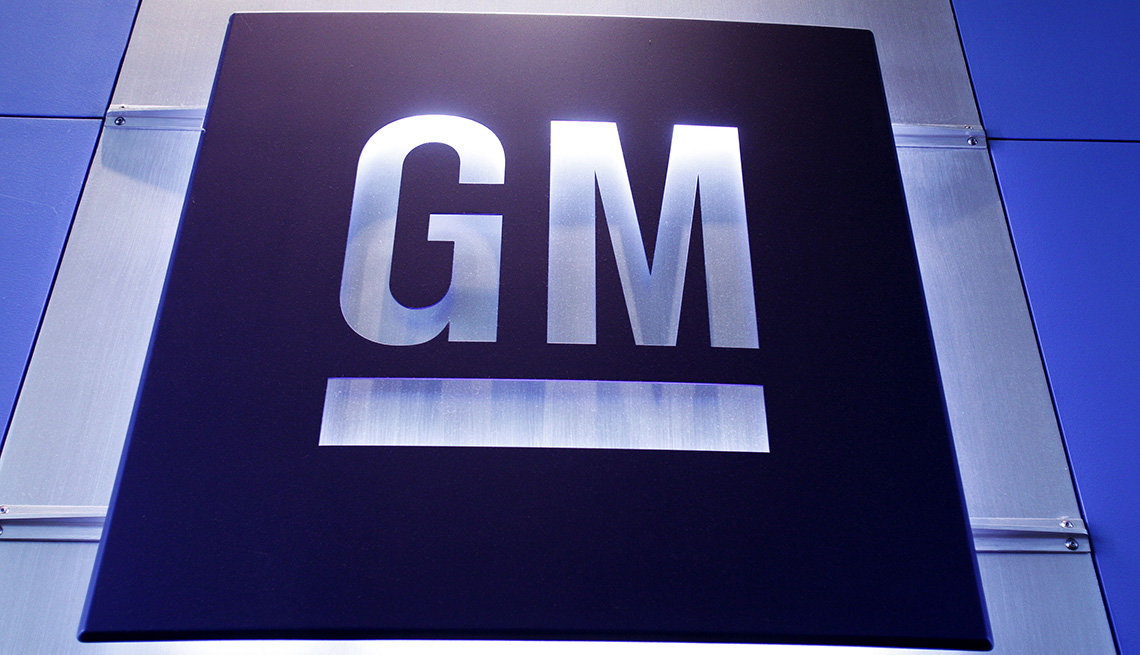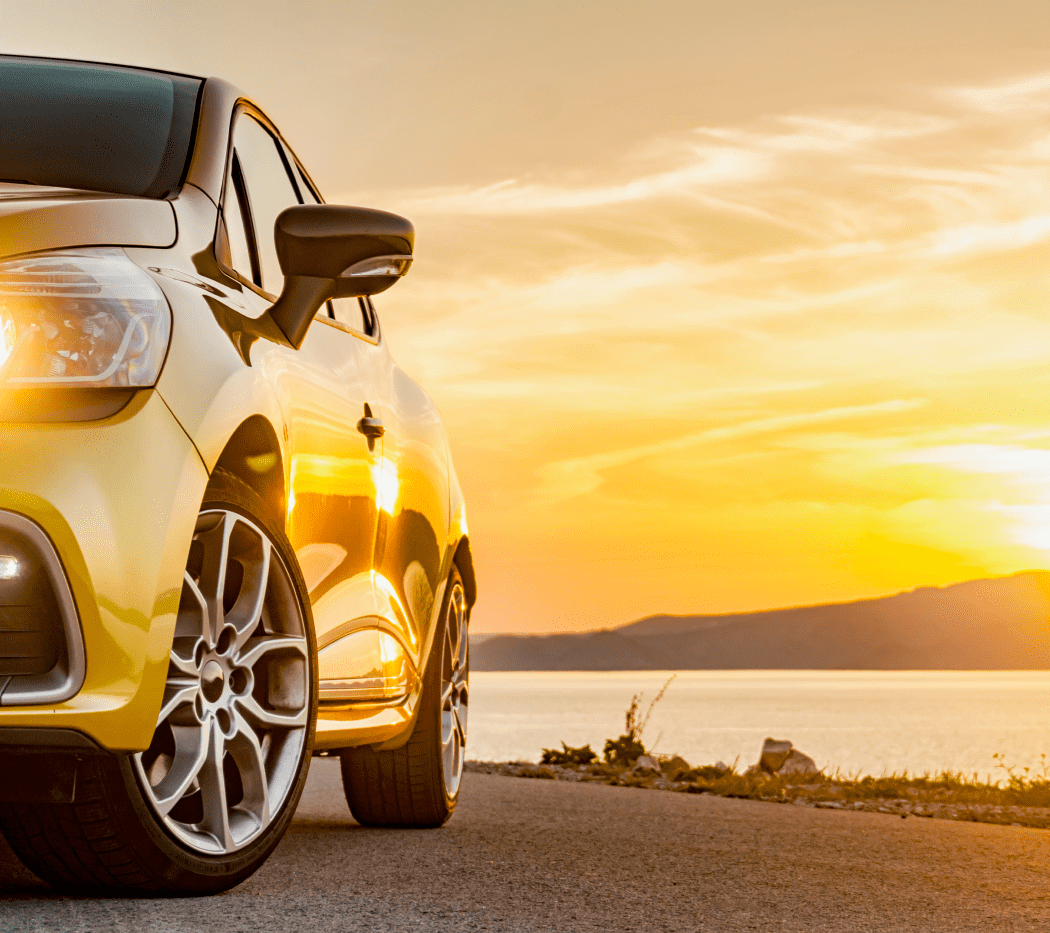Staying Fit
DETROIT — General Motors will recall about 7 million big pickup trucks and SUVs worldwide to replace potentially dangerous Takata air bag inflators.
The announcement came Monday after the U.S. government told the automaker it had to recall 6 million of the vehicles domestically. GM says it will not fight the decision, even though it believes the vehicles are safe. It will cost the company an estimated $1.2 billion, about one-third of its net income so far this year.
The automaker had petitioned the agency four times since 2016 to avoid recalls, contending the air bag inflator canisters have been safe on the road and in testing. But the National Highway Traffic Safety Administration (NHTSA) denied the petitions Monday, saying the inflators still run the risk of exploding.


AARP Membership— $12 for your first year when you sign up for Automatic Renewal
Get instant access to members-only products and hundreds of discounts, a free second membership, and a subscription to AARP the Magazine.
Owners complained to NHTSA that the company was placing profits over safety. Exploding Takata inflators caused the largest series of auto recalls in U.S. history, with at least 63 million inflators recalled. The U.S. government says that as of September, more than 11.1 million had not been fixed. About 100 million inflators have been recalled worldwide.
Takata used volatile ammonium nitrate to create a small explosion to fill air bags in a crash. But the chemical can deteriorate when exposed to heat and humidity, and it can explode with too much pressure, blowing apart a metal canister and spewing shrapnel.
The exploding inflators have killed 27 people worldwide, including 18 in the United States.
Four years of indecision
Monday's decision from the NHTSA is a major step in drawing the Takata saga to a close. It means that all Takata ammonium nitrate inflators in the U.S. will be recalled, NHTSA says. Earlier this year, the agency decided against a recall of inflators with a moisture-absorbing chemical called a desiccant. The NHTSA said it would monitor those inflators and take action if problems arise.
Laurie Ablett of Redding, California, says she's been nervous about driving her 2007 Chevrolet Avalanche pickup since finding out that it had been recalled because of Takata air bags four years ago. She bought a Tesla Model 3 electric car to be her daily transportation.
She was happy to hear about the recall but says GM will have to earn back her trust.
"If they want me to be loyal to them like Tesla, then GM needs to stand by their products as well and not put my life in jeopardy,” she says. “I feel like they were disregarding my life, like they didn't value me as a customer."
8 years of Silverados, other models listed
GM will recall full-size pickup trucks and SUVs from the 2007 through 2014 model years, including the Chevrolet Silverado 1500, 2500 and 3500 pickups. The Silverado is GM's top-selling vehicle and the second-best selling vehicle in the U.S. Also covered are the Chevrolet Suburban, Tahoe and Avalanche, the Cadillac Escalade, GMC Sierra 1500, 2500 and 3500, and the GMC Yukon.
It took the agency more than four years to arrive at its decision. An NHTSA statement says researchers analyzed data on the air bags, including engineering and statistical analyses, aging tests and field data.

































































